Why Do You Dance When You Walk
₦12,500.00
One morning in Paris on the way to kindergarten, a little girl asks her father “Papa, why do you dance when you walk?” The question is innocent and serious. Why does her father limp, why can’t he ride a bicycle or a scooter? Her father feels compelled to answer, to bring back the memories of his childhood in Djibouti and tell her what happened to his leg. It was a place of sunlight and dust and sickness, a sickness that made him different, unique. They called him a skinflint and a runt, but he was the smartest kid in his school.
Waberi remembers the shifting desert of Djibouti, the Red Sea, the shanty roofs of the houses in his neighborhood, an immense loneliness and some unforgettable characters: Papa-la-Tige who sold baubles to tourists, his tough, silent mother Zahra who trembled, and his grandmother nicknamed Cochise. He tells of the moment when his life changed forever and the ensuing struggle that made him a man, a man who knows the value of poetry, silence and freedom, a man who is still dancing.


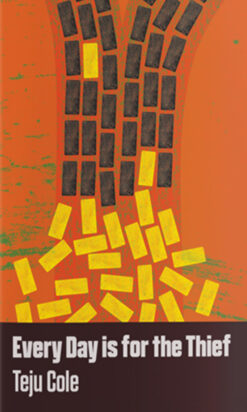

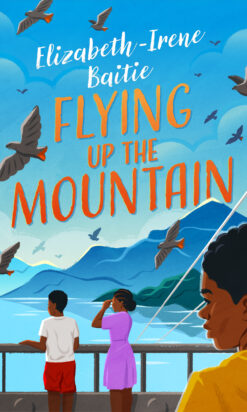
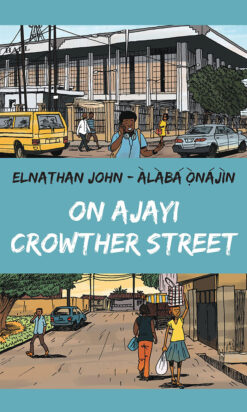

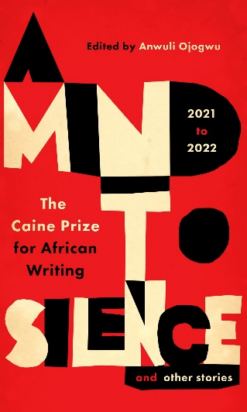

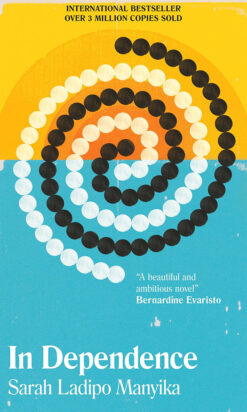

Reviews
There are no reviews yet.